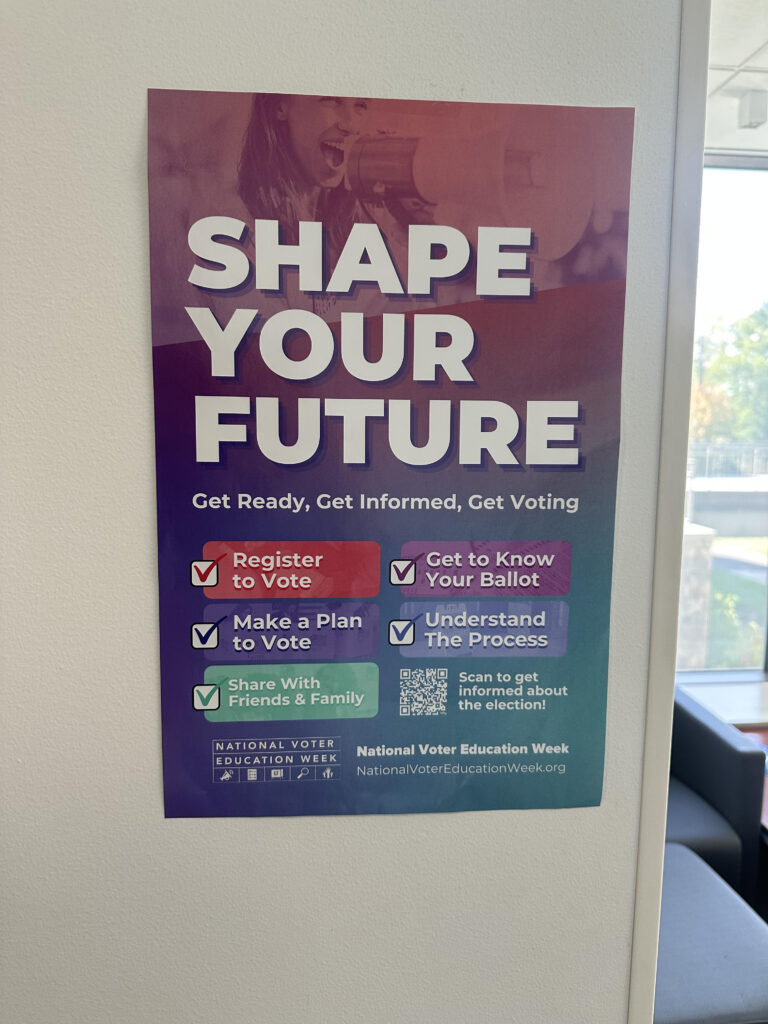
FILE - This June 13, 2013 file photo shows the Activision Blizzard Booth during the Electronic Entertainment Expo in Los Angeles. Video game maker Activision Blizzard is laying off nearly 800 workers as the company braces for a steep downturn in revenue following the best year in its history. The cutbacks announced Tuesday, Feb. 12, 2019, illustrate the boom-and-bust cycles in an industry whose fortunes are tied to video games that can have a relatively short lives before players move on to the next craze. (AP Photo/Jae C. Hong, File)

Anyone who plays video games has, at some point, been faced with microtransactions. For those of you lucky enough to not know what microtransactions are, they are items in video games that must be bought with real money. They can be in the form of reskinned models, virtual currency, blind boxes and everything in between.
These microtransactions have become a far too common nuisance in the modern video game industry and its only going to get worse. It used to be that you could simply purchase a video game and know that you were getting a finished product and all of its content. Unfortunately, now when you buy a game, you’ll more than likely have to shell out additional money if you want to experience everything the game has to offer.
It’s not only small insignificant items like cosmetics either. In some cases, these microtransactions can include fleshed out content originally intended to be in the initial release of the game. That’s right, companies have been caught intentionally withholding content from their games only to be sold latter through their in-game stores. This unethical process is ruining the integrity of the video game industry and needs to be stopped.
The Fallout franchise is a perfect example of this practice. They have what’s called the atomic shop, where you exchange real money for in game items. It’s even set up to where some of these items are limited time only, meaning you have to act fast if you want the exclusive items or you’ll never again be able to have it. What makes it even worse is that some of these items were originally free user created mods (modifications) that have been stolen from the content creators and sold through the use of microtransactions. It may seem unbelievable, but unfortunately, it’s all too real and there’s nothing anyone can do about it.

Other popular reputable games have fallen victim to vicious microtransactions as well. Red Dead Redemption and Grand Theft Auto have come under fire recently for altering their virtual economies to the point where you’d have to spend days or even weeks before being able to purchase items in the game. However, the only alternative to buying a simple sports car for example, is a $20-$50 currency pack which is an outrageous price for a virtual vehicle.
The reason why so many games are inflicted by microtransactions is, of course, money. This business model not only allows companies to continuously make money off of games that have already been sold but it also allows them to make games based solely around the idea of microtransactions for easy money. Games like Counter-Strike, Fortnite, and even Call of Duty are making the bulk of their revenue through these microtransactions and the developers will most likely continue to release games following this model. Fortnite compared to other popular games does offer it’s product for free, with the option to bulk up your character through it’s economy.

Sadly, there doesn’t seem to be a clear end in sight for microtransactions. More and more companies are starting to pick up on this evil gold mine and soon gamers will have to rely on either indie games or older games to get away from this nonsense. The truth of the matter is there is just too much money in it for video game companies and as long as people are buying their games they aren’t going to stop. Hopefully one day they will realize what they are doing is only hurting the industry and go back to the days where you buy a game and get the full game.








